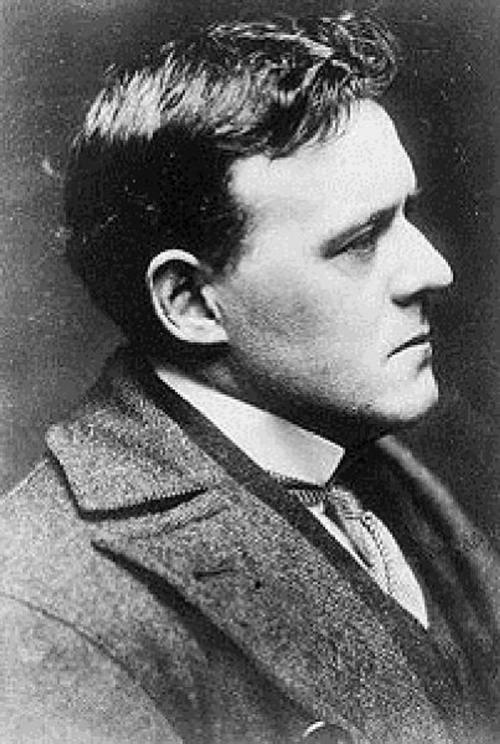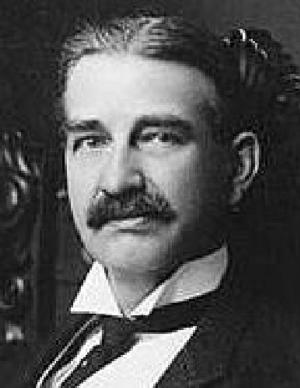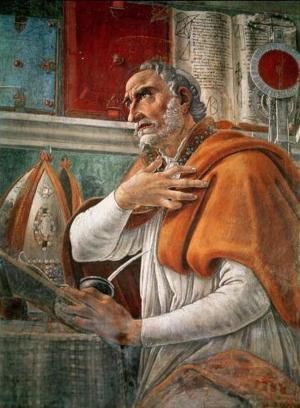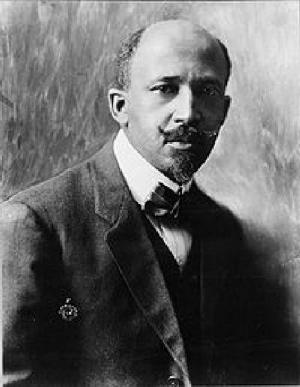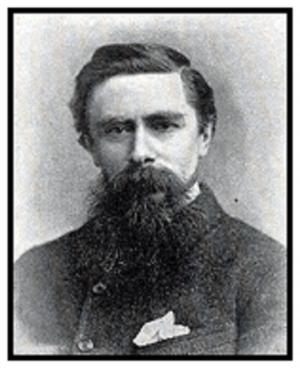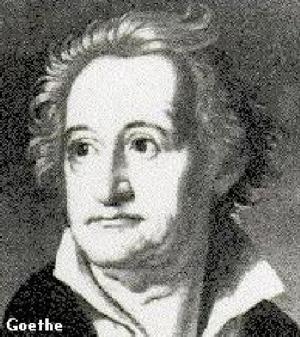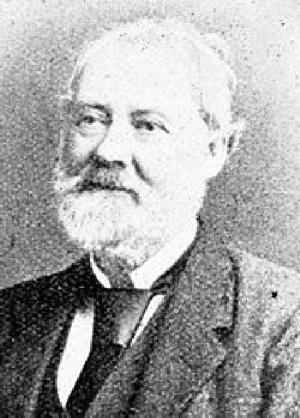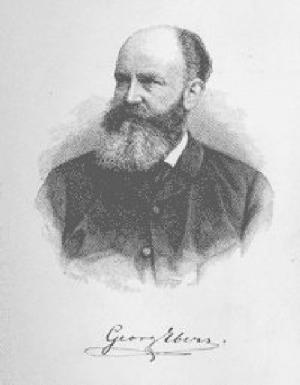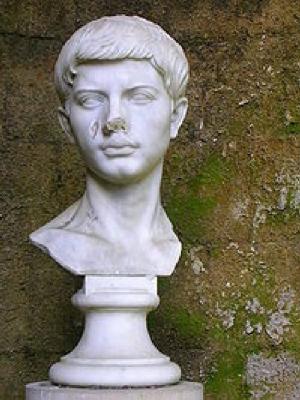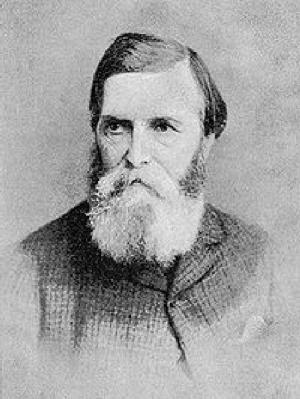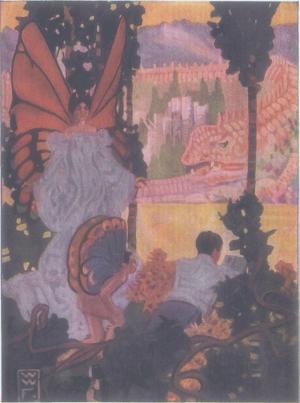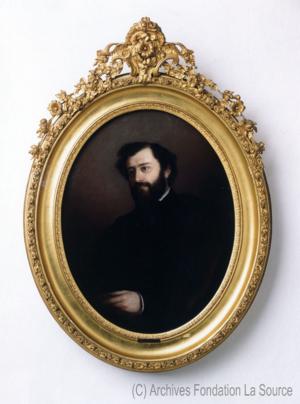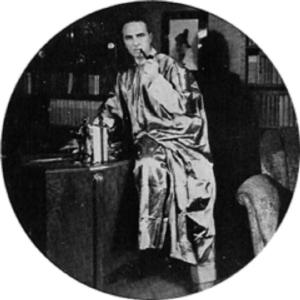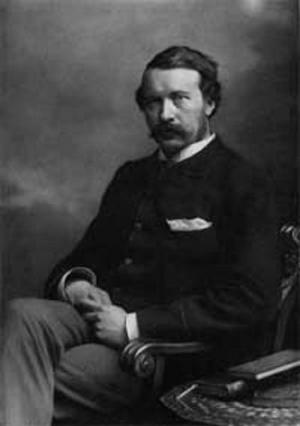| Author: | Hilaire Belloc | ISBN: | 9781455405879 |
| Publisher: | B&R Samizdat Express | Publication: | February 16, 2012 |
| Imprint: | Language: | English |
| Author: | Hilaire Belloc |
| ISBN: | 9781455405879 |
| Publisher: | B&R Samizdat Express |
| Publication: | February 16, 2012 |
| Imprint: | |
| Language: | English |
History of the Battle of Blenheim (1703). According to Wikipedia: "Joseph Hilaire Pierre René Belloc (27 July 1870[1] 16 July 1953) was an Anglo-French writer and historian who became a naturalised British subject in 1902. He was one of the most prolific writers in England during the early twentieth century. He was known as a writer, orator, poet, satirist, man of letters and political activist. He is most notable for his Catholic faith, which had a strong impact on most of his works and his writing collaboration with G. K. Chesterton. He was President of the Oxford Union and later MP for Salford from 1906 to 1910. He was a noted disputant, with a number of long-running feuds, but also widely regarded as a humane and sympathetic man. His most lasting legacy is probably his verse, which encompasses cautionary tales and religious poetry. Among his best-remembered poems are Jim, who ran away from his nurse, and was eaten by a lion and Matilda, who told lies and was burnt to death."
History of the Battle of Blenheim (1703). According to Wikipedia: "Joseph Hilaire Pierre René Belloc (27 July 1870[1] 16 July 1953) was an Anglo-French writer and historian who became a naturalised British subject in 1902. He was one of the most prolific writers in England during the early twentieth century. He was known as a writer, orator, poet, satirist, man of letters and political activist. He is most notable for his Catholic faith, which had a strong impact on most of his works and his writing collaboration with G. K. Chesterton. He was President of the Oxford Union and later MP for Salford from 1906 to 1910. He was a noted disputant, with a number of long-running feuds, but also widely regarded as a humane and sympathetic man. His most lasting legacy is probably his verse, which encompasses cautionary tales and religious poetry. Among his best-remembered poems are Jim, who ran away from his nurse, and was eaten by a lion and Matilda, who told lies and was burnt to death."
